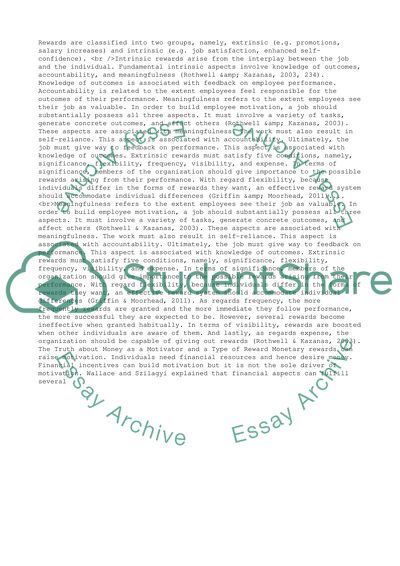Cite this document
(“Motivation and Reward Systems Research Paper Example | Topics and Well Written Essays - 1500 words”, n.d.)
Retrieved from https://studentshare.org/business/1467657-motivation-and-rewards-systems-is-my-selected
Retrieved from https://studentshare.org/business/1467657-motivation-and-rewards-systems-is-my-selected
(Motivation and Reward Systems Research Paper Example | Topics and Well Written Essays - 1500 Words)
https://studentshare.org/business/1467657-motivation-and-rewards-systems-is-my-selected.
https://studentshare.org/business/1467657-motivation-and-rewards-systems-is-my-selected.
“Motivation and Reward Systems Research Paper Example | Topics and Well Written Essays - 1500 Words”, n.d. https://studentshare.org/business/1467657-motivation-and-rewards-systems-is-my-selected.


